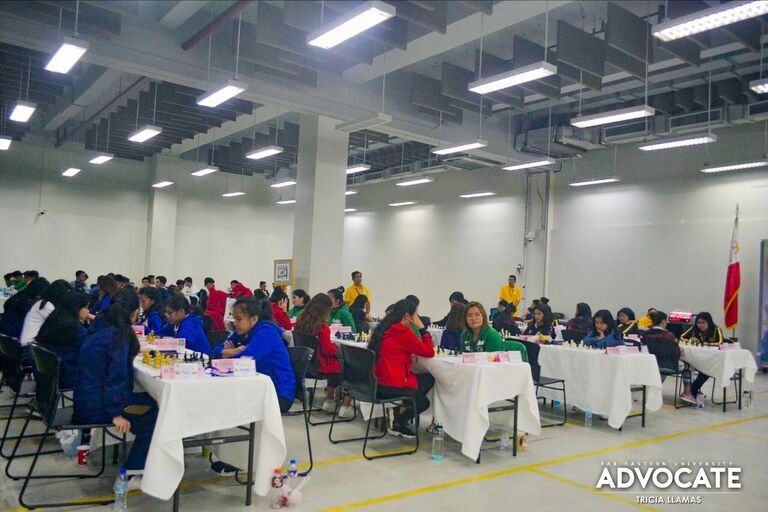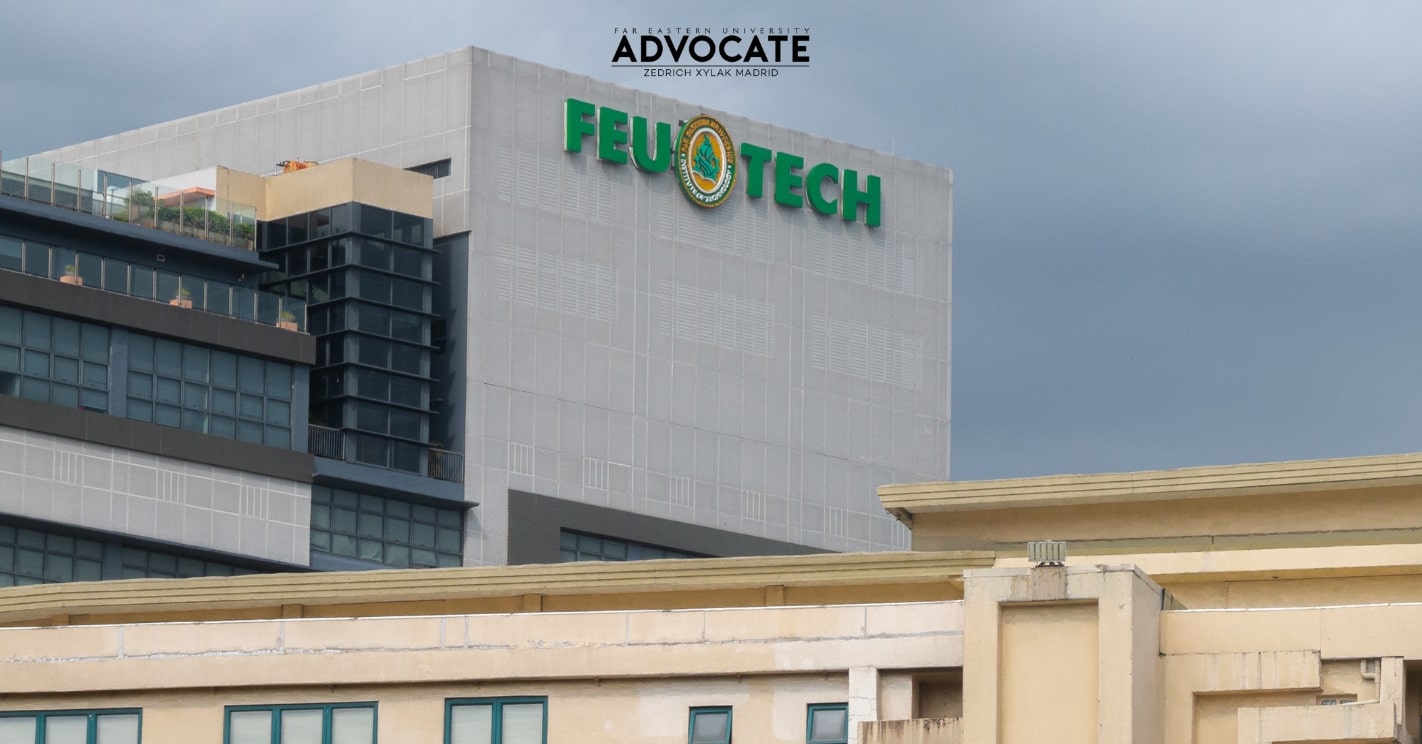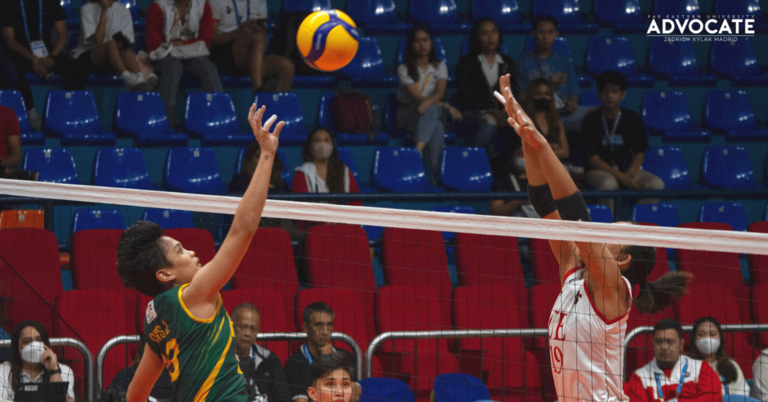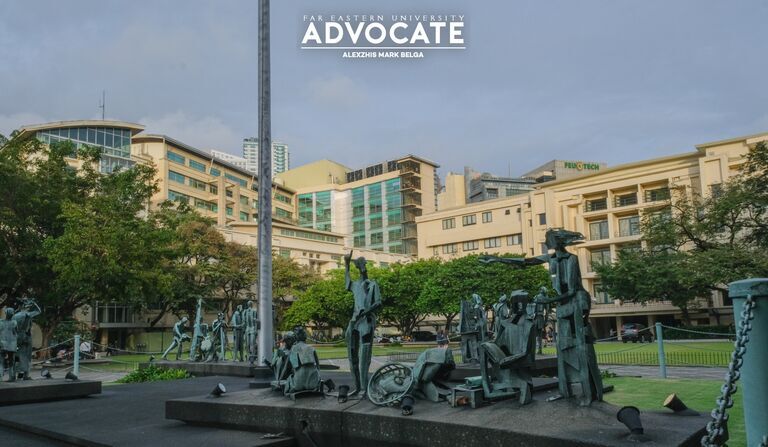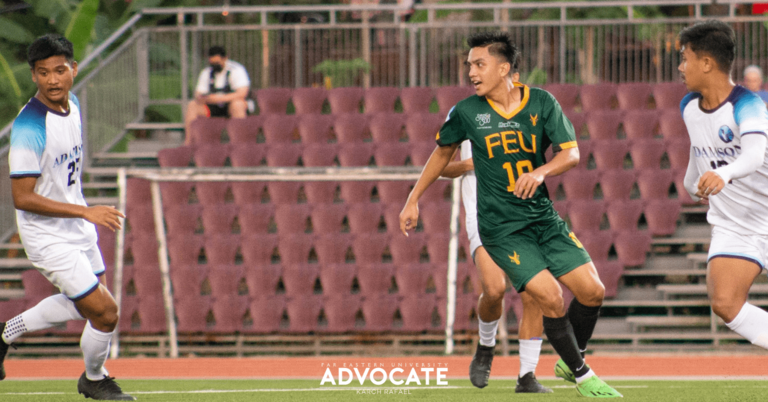
FEU’s Pabualan dedicates goals to Jermi, Keith in win vs AdU
- March 09, 2023 12:23
FEU Advocate
March 22, 2024 13:29
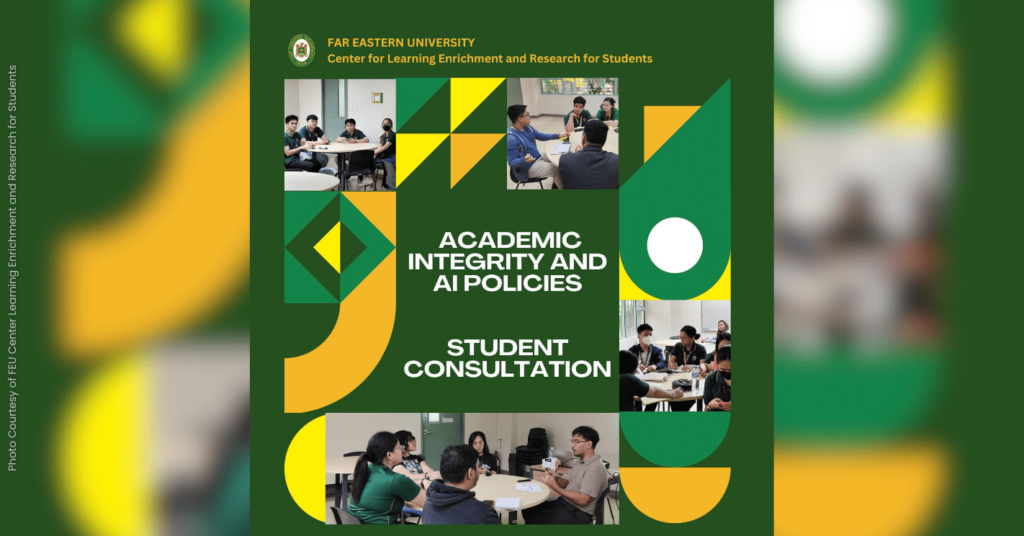
Far Eastern University (FEU) Center Learning Enrichment and Research for Students (CLEARS) revamped the academic integrity policies concerning Artificial Intelligence (AI) effective in June during the Academic Integrity and AI Policies Student Consultation via Microsoft Teams last March 21.
Students are required to follow specific protocols such as verifying AI generated outputs’ accuracy, declaring the specific AI tool and its utilization, and clarifying that AI was not used to disguise the students’ genuine skill.
CLEARS Director Marko Antonio Da Silva said that students will be allowed to use AI for learning purposes without skill-based outcomes such as grammar-checking, drafting outlines, and generating visual guides.
In accordance with these policies, students will be required to fill out the AI Use Declaration Form for every assessment in which they will utilize AI.
While FEU supports innovative initiatives like AI, Da Silva emphasized the importance of integrity alongside its usage.
“In regards to AI, we want you to use it especially in times where they are applicable, in times where they will be advantageous for you and for your learning, but at the same time we want you to be responsible and ethical when it comes to using it,” he said.
The policy draws the line on assessments with skill-based outcomes such as professional course requirements, argumentative essays, and summarizing activities.
“We cannot allow you to use AI in that specific assessment because if AI would be the one summarizing, then you’re not going to be the one summarizing. We cannot say that you’ve learned how to summarize,” Da Silva explained.
Violations of the policies can be tagged as academic dishonesty, subject to verification by the Office of Student Discipline.
In response to students’ concerns on the Turnitin AI detection system’s accuracy, the CLEARS Director asserted that it is 97 percent reliable, and that students should consult their instructors in case of inaccuracies.
Da Silva added that, unlike in plagiarism, no acceptable percentage of AI-usage will be defined in order to preserve academic integrity. However, they will try to make the AI-detection feature accessible to students in real-time, rather than being exclusive to instructors.
Detailed guidelines will be included in FEU’s handbook, website, and facilitators’ Course Information Booklet (CIB) for the next academic year, outlined in the Updated Academic Integrity Policy and Student Guidelines on the use of Generative Artificial Intelligence.
Campaigns to orient students on AI usage will be conducted, including the Academic Integrity Day held on April 19.
- Shayne Elizabeth T. Flores
(Photo Courtesy of FEU Center Learning Enrichment and Research for Students)

